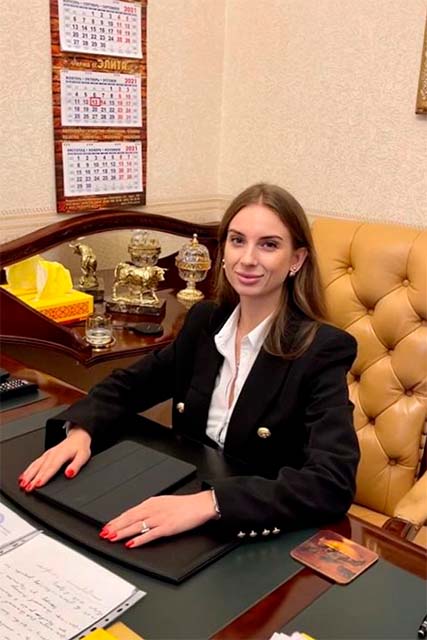Asylum in Switzerland
Under Swiss law, an asylum application must be filed at a federal asylum centre with processing facilities, an open border crossing, or an airport border control point in Switzerland. It’s only valid if made at the Swiss border or within Swiss territory. Any expression of seeking protection from persecution in Switzerland qualifies as an asylum application. If made to an incorrect authority, the individual should be directed to the appropriate one.
There’s no legal time limit for lodging an asylum application in Switzerland, and delayed applications don’t exclude individuals from the asylum process. However, if an application is made significantly after entry, authorities may request a valid reason for the delay. Without justification, and if the individual has no legal right to stay, there could be proceedings for illegal stay.
Who can apply for asylum in Switzerland?
In Switzerland, you can apply for asylum if you face persecution in your home country or last country of residence due to your race, religion, nationality, political views, social group membership, or if you fear for your liberty.
Where can you submit an asylum application?
You can apply for asylum in Switzerland either orally or in writing at an open border crossing, a customs checkpoint at a Swiss airport, or a federal asylum centre of the State Secretariat for Migration (SEM). However, you cannot apply for asylum while abroad. Instead, you may apply for a humanitarian visa at a Swiss embassy or consulate. This visa is only granted if you face a direct, serious, and specific threat to your life or physical integrity. General crisis or conflict in your country is not sufficient grounds, and obtaining a humanitarian visa is challenging.
What happens after your apply for asylum?
In Switzerland, the State Secretariat for Migration (SEM) determines the outcome of asylum applications. SEM experts conduct a formalized procedure to assess each application and decide if protection is needed, allowing the applicant to stay in Switzerland.
To understand the asylum procedure better, watch the explanatory video by the State Secretary for Migration (SEM) or visit the recommended websites.
If you have questions or need clarification about your asylum procedure, discuss them with your legal representative.
What if you already applied for asylum in another European country?
Upon receiving your asylum application, the State Secretariat for Migration (SEM) first determines if Switzerland is responsible for processing it under the “Dublin Procedure,” based on the Dublin Regulation. This law dictates which European state is accountable for your asylum process. If you previously applied for asylum in another European country, SEM may require you to return there for your application’s review.
If SEM directs you to return to another state and you disagree with this decision, you can appeal to the Federal Administrative Court. It’s important to act quickly due to strict time limits for appeals, and consulting your legal representative promptly for guidance and assistance with the appeal process is advisable.
What if you are unaccompanied child?
If you are under 18 and alone in Switzerland, your asylum process is tailored to your specific needs. You’ll be assigned a “person of trust,” an expert who provides free assistance and ensures your rights are upheld during the asylum procedure. This person is also available for help with other issues you may encounter. Make sure to ask how to contact them and note down their name and phone number for future reference.
What if you get a negative decision?
If your asylum application in Switzerland is denied, meaning you haven’t been granted asylum with a B-permit or provisional admission with an F-permit, you will be required to leave the country. Failure to leave by the specified deadline may result in forced removal.
If you believe the decision is incorrect, you have the option to appeal at the Federal Administrative Court. It’s advised to consult your legal representative at the federal reception centre for guidance and assistance with the appeal process, unless they deem the appeal unlikely to succeed.
For those not in a federal reception centre but in a cantonal centre, seek advice from a legal advice office in your canton. A list of these offices in Switzerland is available.
Be mindful of the strict deadlines for filing an appeal and contact your legal representative promptly if you decide to appeal.
For assistance or advice on obtaining asylum in Switzerland, contact our asylum lawyers for a consultation via messenger or by mail or our contact form. We offer comprehensive support, including accompanying you to all authorities and providing expert advice throughout the procedure, help to appeal the refusal.


